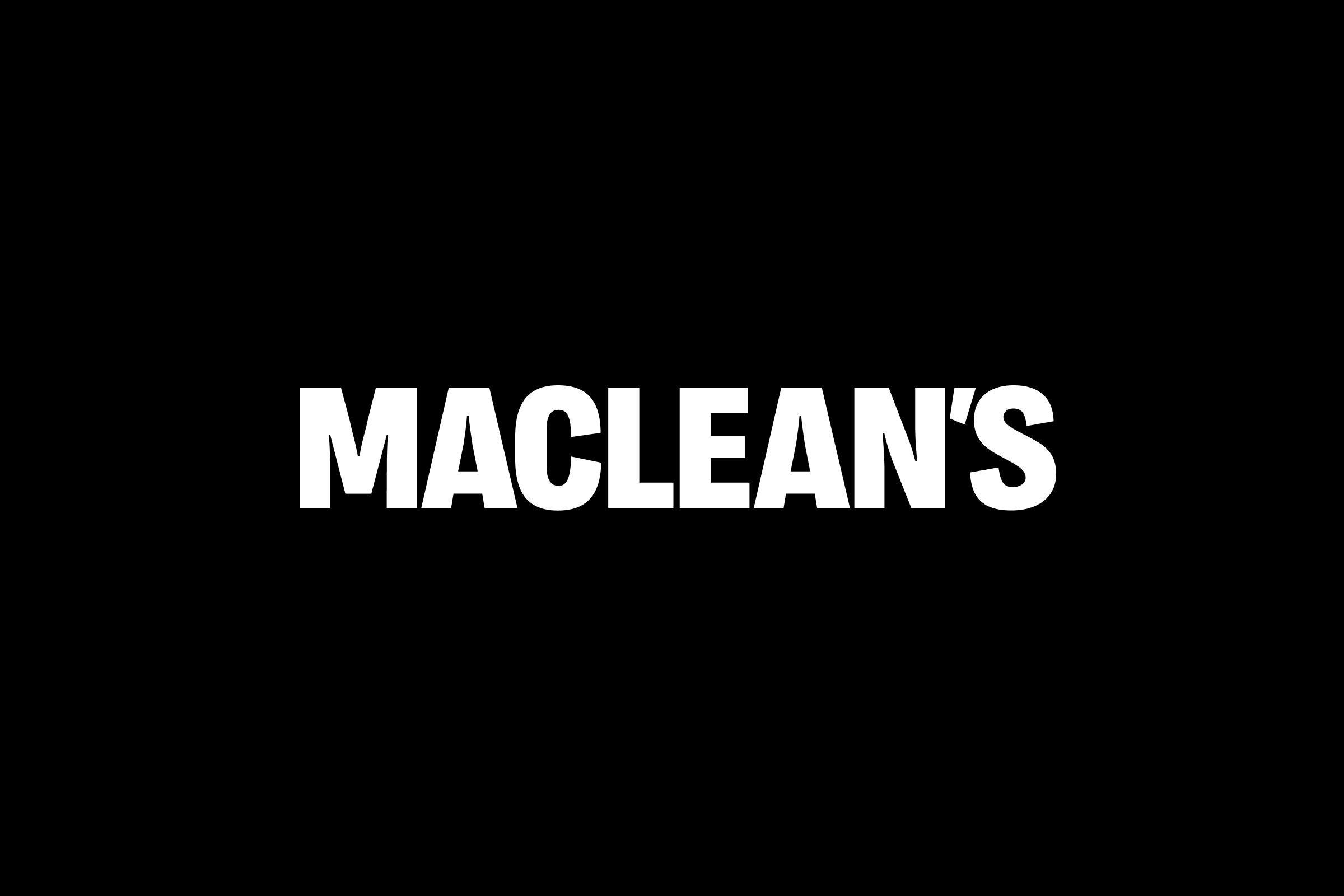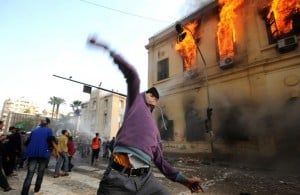Iran Human Rights Documentation Center
Iran’s empty promise to free political prisoners
In September, as newly elected Iranian president Hassan Rouhani was on his way to the United Nations General Assembly in New York, Iran said it would pardon and release 80 political prisoners.
Iran’s 1980s massacre of political prisoners exposed
The Iran Tribunal — a sort of people’s truth commission that doesn’t have any legal standing — has released an interim judgment following its investigation into the massacre of political prisoners by the new Islamic Republic of Iran during the 1980s.
Carleton University teams up with Iranian embassy to honour Ayatollah Khomeini
Carleton University in Ottawa last weekend hosted a pro-Islamic Republic of Iran propaganda event sponsored in part by the Iranian embassy.
“Every time I answered ‘Kurdish,’ they beat me …”
The Iran Human Rights Documentation Center today released a report on the treatment of Kurdish activists in Iran. The following is from a prison letter:
CIDA, DFAIT, and promoting democracy abroad
Last year’s revolutions of the Arab Spring were, and remain, the greatest opportunity for the global growth of democracy since the end of the Cold War and the resulting spread of freedom in Eastern Europe.
Making Iran pay for abusing human rights
Why challenging Iran over its nuclear program isn’t enough
Islamic Human Rights Commission sees no evil in Iran
Let’s pretend for a moment that the London-based Islamic Human Rights Commission, an “independent, not-for-profit, campaign, research and advocacy organization,” really exists to champion human rights, as its website claims. Let’s even allow that, as an Islamic organization, it might be more concerned with human rights abuses perpetuated against Muslims. Its website, after all, urges readers not to be a “silent victim,” and to contact the organization if they have suffered anti-Muslim harassment or discrimination. One would assume, then, that the Islamic Human Rights Commission would be very concerned about the oppression, incarceration, murder, and rape of dissidents in Iran — almost all of whom, after all, are Muslims.
“Death to dictatorship”
The Iran Human Rights Documentation Center has published a comprehensive report on Iran’s rigged presidential election and the violent suppression of dissent in its aftermath.
Obama’s new policy on Iran: Don’t mention the torture
For five years, the Iran Human Rights Documentation Center, co-founded by McGill international law professor Payam Akhavan, has chronicled human rights abuses committed in Iran since 1979. The centre’s work is based on the conviction that an eventual transition to democracy will not be successful unless a culture of human rights and democratic governance is cultivated, and gross violators of human rights are held to account.
Iran’s stolen election: the human rights fallout
The Iran Human Rights Documentation Center has released its latest report.
Helping the revolution
How a McGill prof helped teach Iran’s opposition about non-violent protest
Iran’s abuse of its online journalists
The Iran Human Rights Documentation Center has released a detailed report. Incidentally, one of the centre’s founders, McGill international law professor Payam Ahavan, is featured in an article I wrote in this week’s Maclean’s. I’ll link to it when it’s posted on our website later this week.

